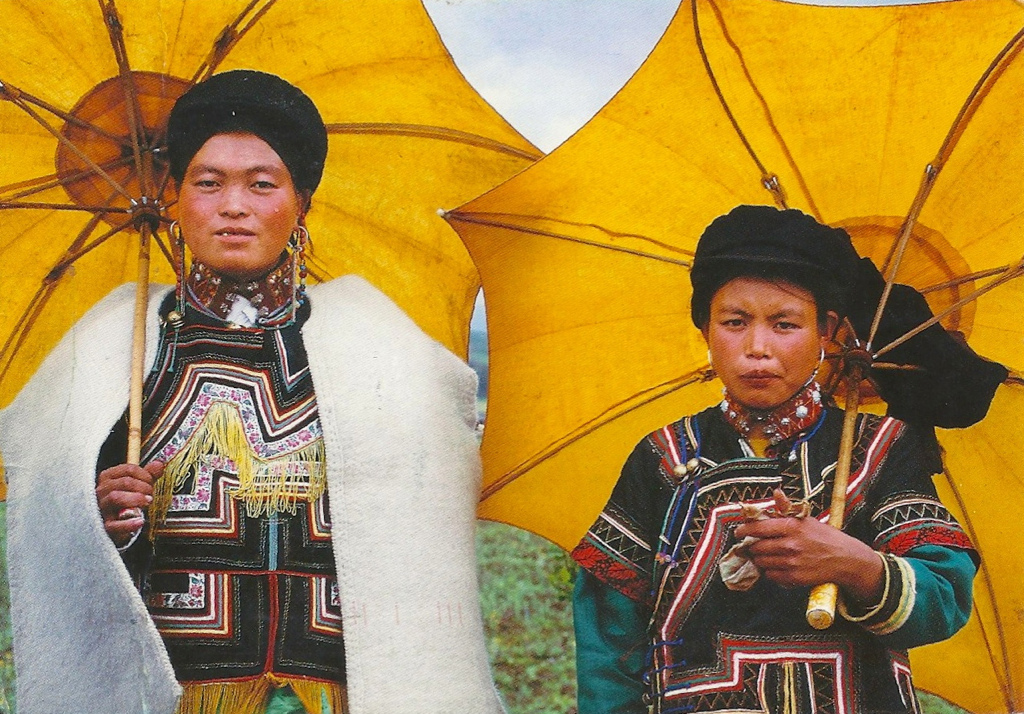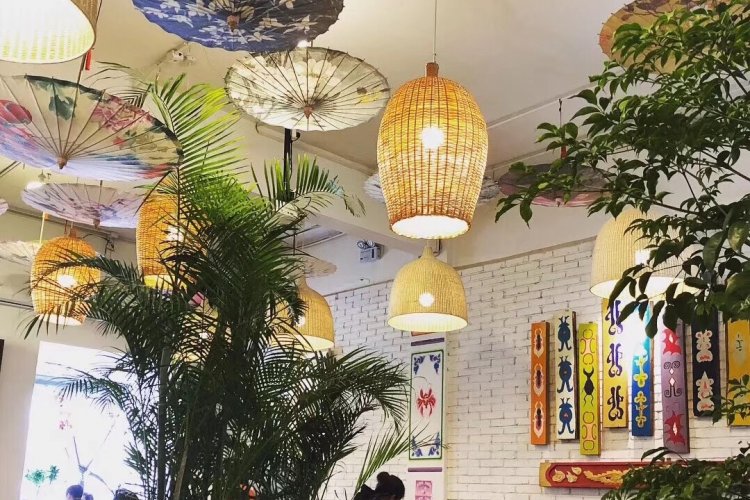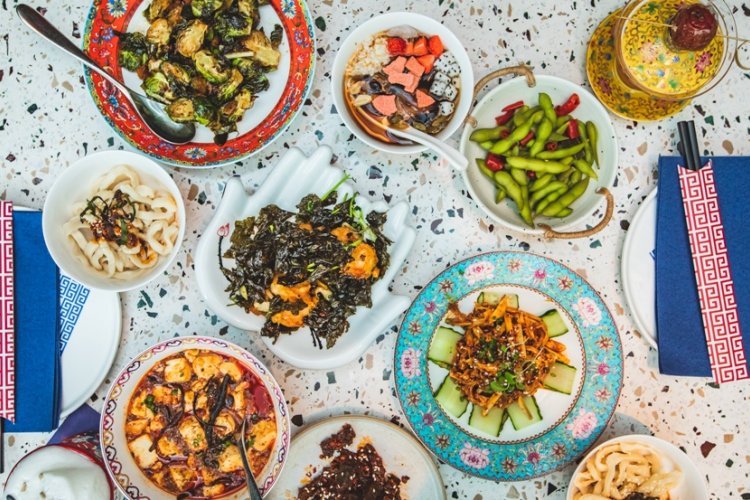Who Are the Yi? Five Things to Know About this Fascinating Ethnicity

This post is sponsored by Asiniuniu, Beijing's most unique Sichuan restaurant serving the distinctive cuisine of Liangshan’s Yi Minority.
Living in a city of over 20 million people, we often take the workers and waiters who surround us every day for granted – but each of them have their own unique stories, and along with them, their own hopes, achievements, challenges and fears.
Mao Wendong and Jiliyige, both 21, are no exception. On most days, you’ll find them serving armfulls of flashy plates filled with sumptuously colored dishes to the customers of Asiniuniu, a unique Sichuan restaurant in the Sanlitun area.
Like many of the staff, Mao and Jiliyige belong to the Yi minority and hail from Liangshan, a lush, mountainous, lakeside prefecture in Sichuan province. The pair of waiters, along with most of their coworkers, came to Beijing last year after seeing a TV ad recruiting staff for Asiniuniu.
While they find the capital’s hustle and bustle more exciting than their peacefully serene home province, it hasn’t been easy for the young men to adjust to life in the big city.

“Liangshan is very clean and the air is so nice – it’s not like Beijing’s polluted air at all. That is the biggest difference for us,”says Mao. “We get homesick living here in the big city, but working at our restaurant helps a lot.”
Jili agrees, saying: “Working in Asiniuniu is just like working in my hometown. The people here are so nice and lovely, and this makes us happy.” He adds that Beijing’s cosmopolitan population is fascinatingly strange to him: “The people from my hometown are more simple and easily satisfied, but I think the people in big city are not.”
But this doesn’t mean that the Yi people are without their own nuances and complex traditions. This vibrant minority not only resides in Sichuan’s Liangshan prefecture, but also Yunnan, Guizhou, and Guangxi Zhuang Autonomous Region in China, and even in Vietnam and Thailand in small numbers. Below, we have listed some of the most fascinating facts about this wholly unique ethnicity, with a focus on the Liangshan region.

A not-so-tiny minority
While there are only eight million Yi people throughout Asia, 2.2 million of them reside in Liangshan, making it the prefecture’s largest nationality –even more than the 2.1 million local Han residents.The entire Liangshan region encompasses 60,100 square kilometers and includes 17 counties, making it the largest Autonomous Prefecture for the Yi nationality in China.
A pious people, but you won't find many temples in Liangshan
The Yi people of Liangshan traditionally follow a religion known as Bimoism, an animistic faith filled with a pantheon of deities and spirits, as well as ancestor worship, shamanism and sacrificial ceremonies. Unlike most of China’s other religious traditions, the Bimoism practiced by the Yi people of Liangshan has a distinct lack of temples – the emphasis is almost exclusively placed on ancestor worship and a great reverence for nature, which includes the belief that storms are caused by angered gods and prayers should be offered to long gone relatives in the hopes of releasing their souls from purgatory.

Dressed to impress, and protect
Liangshan’s Yi clothing is not only renowned for its intricate beauty and bright colors, it is also designed to protect them from the region’s harsh mountain winds. The pleated skirts worn by women and the turban-style headrests that men don indicate the strict gender norms of Yi culture. Day-to-day tasks and chores are also strictly segregated: for instance, spinning and weaving are strictly female activities, while felting is deemed to be a trade that can only be performed by men. These traditions are codified in an old Yi proverb that states: "Women don't make felt; men don't weave cloth.”
A place for famous faces
The rich culture of the Yi people compelled many famous intellectuals to visit Liangshan in ancient times, including Sima Qian, a Western Han Dynasty era academic who was dubbed “the father of Chinese historiography” and Xu Xiake, who was famed for his travels with Marco Polo. There are also a few modern-day celebrities who have roots in the Liangshan Yi Minority – one of the most notable being Jack Junyi, who became an overnight sensation for her performances on the hit reality TV competition The Voice of China in 2012.

Liangshan is a center of space exploration and research
From age-old religious practices to storied folk music traditions, the culture of Liangshan’s Yi people is undoubtedly rich. But the region’s future also looks bright, thanks to the advanced space program and state-of-the-art facilities located in the prefecture’s Xichang city, which saw the successful 2013 launch of a lunar probe, as well as a number of strategically important satellites.
Photos: Uni You, Flickr Creative Commons







